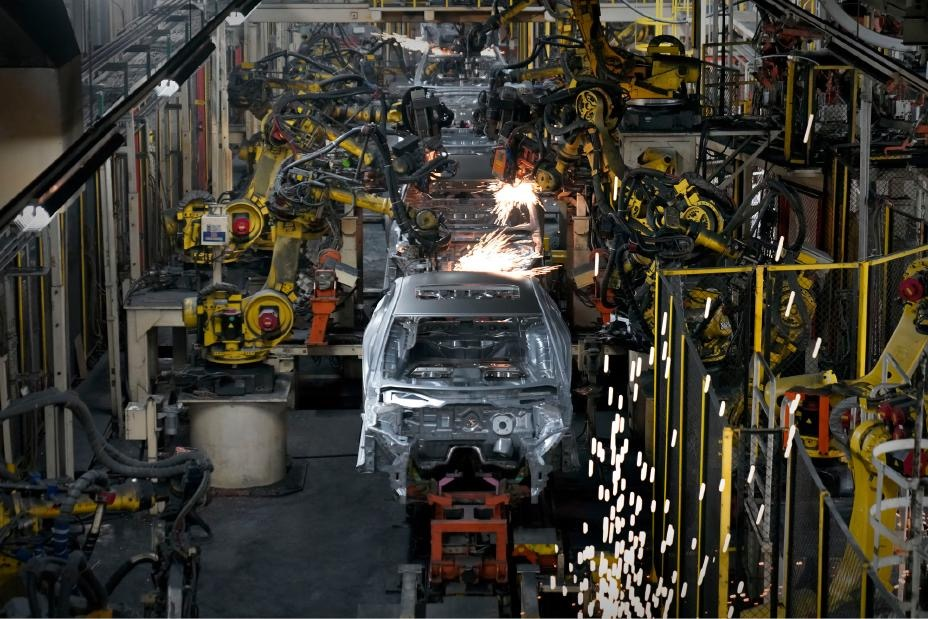According to Nikkei, Nissan has begun negotiations with Honda to explore the possibility of using its underutilized factories in the U.S. to produce large vehicles for Honda. The Trump administration has taken a hard stance on trade negotiations, stating it would impose 'reciprocal' tariffs on Japan and other countries, effective August 1. There remain serious differences between Japan and the U.S. regarding automotive tariffs. It is estimated that U.S. tariffs could reduce Honda's operating profit by approximately 650 billion yen (around $4.42 billion) by the fiscal year ending March 2026, while Nissan may face losses of up to 450 billion yen (about $3.06 billion). In light of ongoing trade negotiations, Japanese automakers are collaborating to increase domestic production in the U.S. to mitigate the impact of tariffs. Nissan is considering producing pickup trucks for Honda at its Canton, Mississippi plant, one of its two factories in the U.S., which currently primarily produces mid-sized pickups like the Frontier. Under the terms of the discussed agreement, Nissan would manufacture trucks for Honda, which would then sell these vehicles under its own brand in the U.S. market. Japanese automakers heavily rely on imported production in the U.S., with Nissan accounting for 47% and Honda 32% of their U.S. sales being produced outside the U.S. Amidst the backdrop of increased import tariffs on vehicles, domestic production has become increasingly crucial to reduce tariff risks. Honda has five factories in the U.S., but increasing local production will take time. An agreement with Nissan would allow Honda to quickly ramp up its domestic production of competitive models without significant R&D investments. Additionally, pickups account for 20% of new vehicle sales in the U.S., and Honda currently only offers small pickup models, making collaboration with Nissan beneficial for attracting large pickup consumers. For Nissan, the company is facing underutilization issues globally due to poor sales performance. According to automotive research firm MarkLines, the Canton plant's capacity utilization rate for 2024 is only 57%, so producing vehicles for Honda would help increase the plant's utilization, potentially positively impacting Nissan's profitability. Previously, the two companies had discussed a merger aimed at creating the world's third-largest auto group, but negotiations were terminated in February this year. However, with escalating concerns over tariff issues, both sides are working towards re-establishing cooperation, with executives from both companies meeting regularly since April. Although both companies currently rule out the possibility of resuming merger talks, they plan to first collaborate in mutually beneficial areas to rebuild their relationship.
Nissan and Honda Explore Collaboration for Large Vehicle Production in the U.S.

Share this post on: